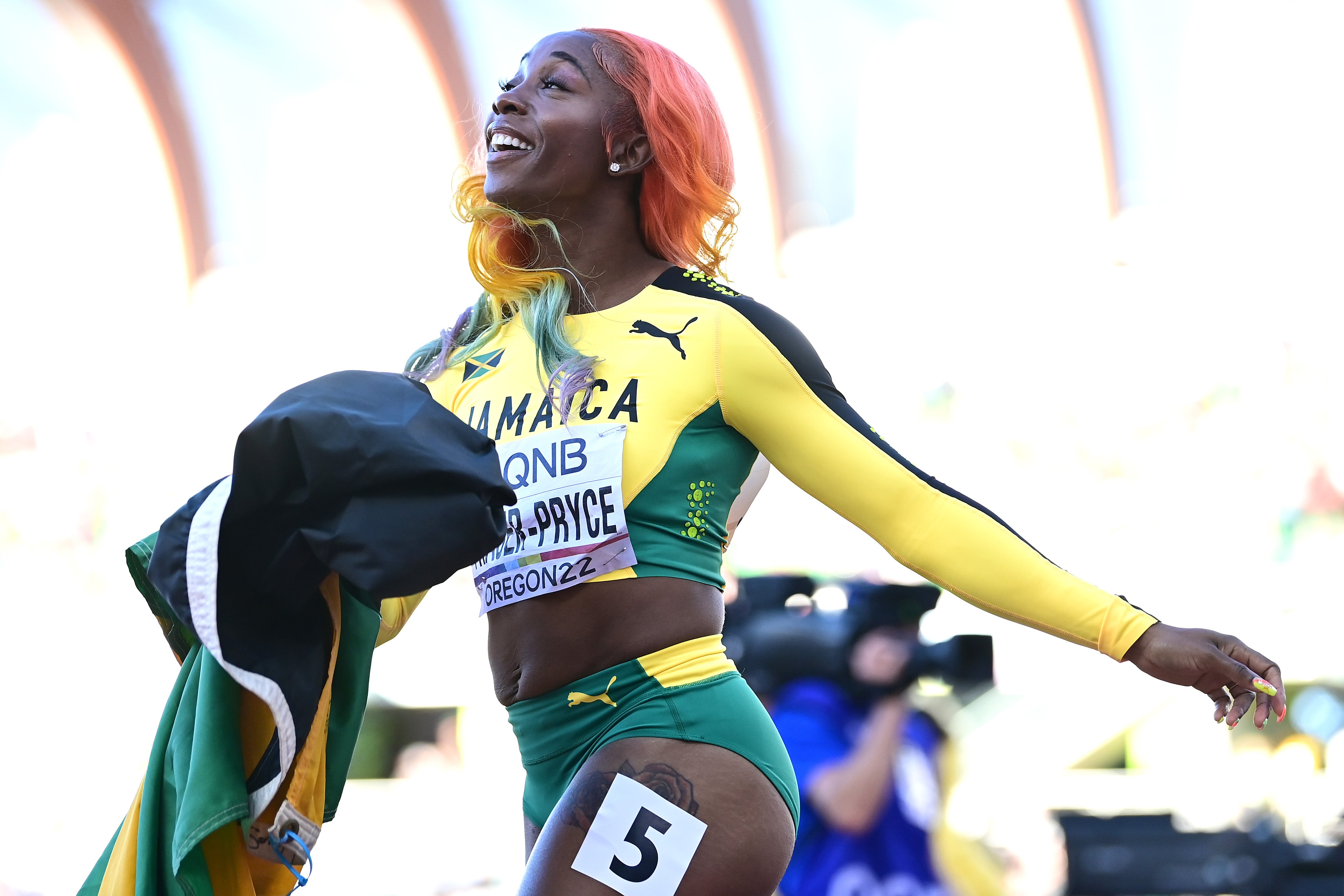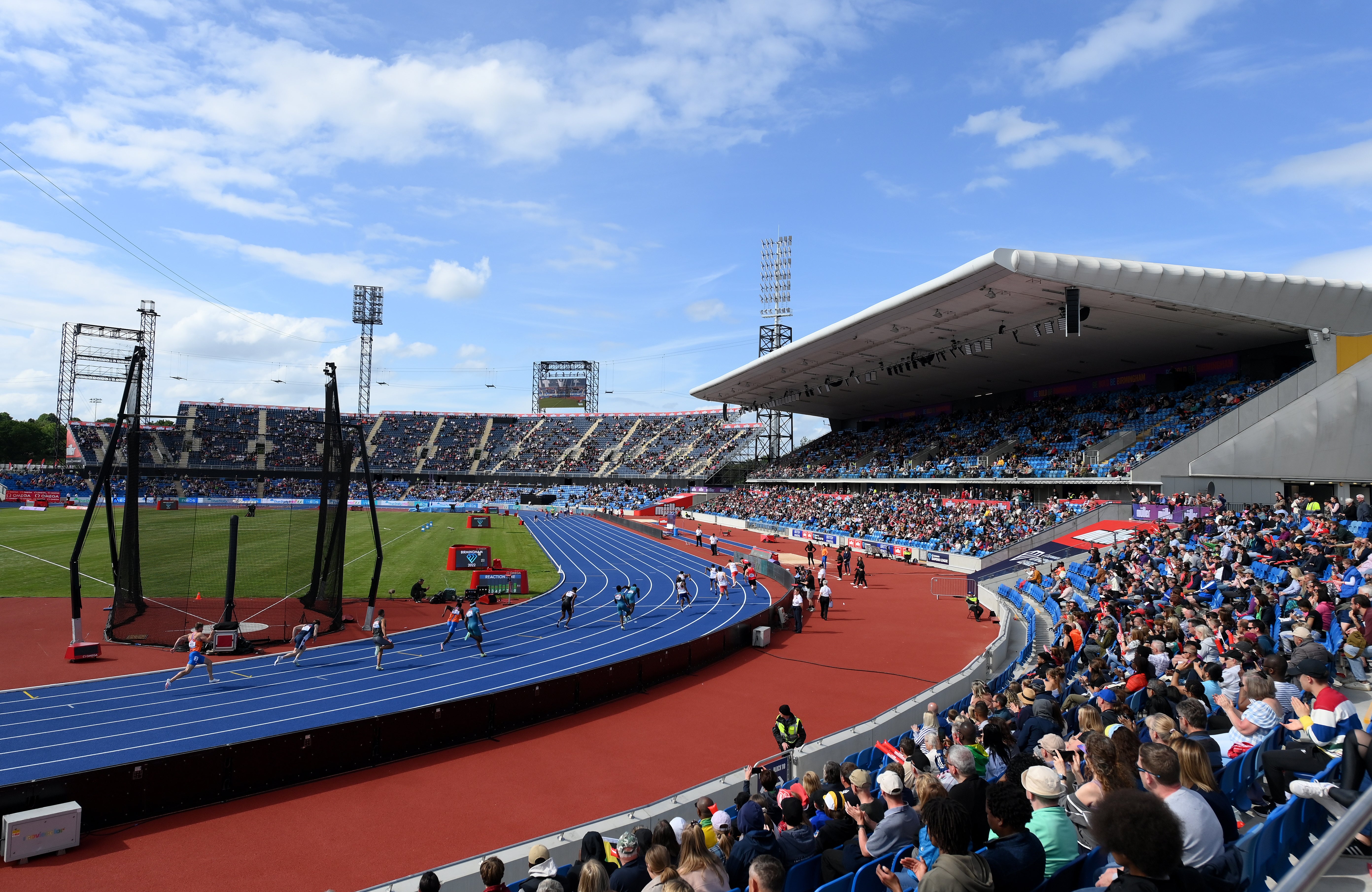Birmingham 2022 ready to put on a show amid uncertain future for Commonwealth Games
The Commonwealth is fighting for meaning in the 21st century and its Games lacks host cities prepared to foot an eye-watering bill, but Birmingham can still provide a platform for great sport over the next 10 days

The 2022 Commonwealth Games will begin in Birmingham on Thursday, but for a long time they didn’t have an interested bidder at all. The Commonwealth Games Federation (CGF) called an emergency meeting two months before the application deadline in March 2014 as it searched for a viable host willing to foot the bill. Eventually the Canadian city of Edmonton and the South African city of Durban came forward with last-minute proposals, and when Edmonton later withdrew over a lack of funding, Durban was anointed.
Nearly a century after Johannesburg had lost the right to host for refusing to accept non-white athletes, the possibility of finally seeing a Commonwealth Games in Africa was a potential PR coup, but Durban’s financial plan didn’t add up and it was stripped of the Games after a double-check of the accounts. So, in 2017 in the wake of the Brexit referendum, the British government spotted an opportunity for some good cheer and flag-waving, and decided the £800m cost was worth paying.
Despite Birmingham saving the day, there remain concerns about the lack of enthusiasm for hosting an eye-wateringly expensive sports mega-event with no guarantee of a return on investment, as well as doubts around its place in the 21st century. The Games were originally called the “British Empire Games” when the idea was to “increase goodwill and good understanding of the British Empire”, which might less charitably be described as old fashioned sportswashing, and they remain a jarring reminder of Britain’s colonial past.
The Games now seek to distance themselves from imperialism, but it is hard to pinpoint the Commonwealth’s modern meaning. A section on the federation’s website titled “our relevance” trumpets a goal to build “peaceful, sustainable and prosperous communities globally” and claims the Commonwealth is entering an “era of renewed relevance”, whatever that may be. In sporting terms, thinking too hard about why we need to know who is the best three-man lawn bowls team among some British territories and former colonies risks bringing on an existential crisis, so perhaps best not to try.
Birmingham is a diverse city with heritage from across the Commonwealth, and not everyone has felt embraced by the Games. Sikh faith leaders wrote a damning letter in April accusing the organising committee of “ignoring” their community, comparing their treatment to the lack of recognition for Sikh efforts in the First and Second World Wars. “We have been ignored and bypassed, and not for the first time,” it read, “just like when we were air-brushed out of ‘British’ history for many decades in the annual remembrance services, despite laying down our lives for the British Empire.” Organisers defended their efforts to reach local people but pledged to better engage ahead of the event.
What the Games do bring is great opportunity, like the chance for athletes to represent nations and territories not seen on the world or Olympic stage, and for fans to enjoy backing them. Scotland will be well-supported and they have talent across the board, mostly notable on the track with Laura Muir, Olympic bronze medallist Josh Kerr and new world 800m champion Jake Wightman. For the first time at the Commonwealths there are more women’s medals than men’s, while para-sport also has a real platform with its biggest programme yet integrated within the Games – ex-Paralympic swimmer Ellie Simmonds is on the organising committee.

Manchester still reflects fondly on its own Commonwealth Games 20 years ago which helped regenerate the east of the city and boosted tourism in the years which followed. Birmingham hopes to reap similar benefits this time around: the Alexander Stadium has been redeveloped in order to host athletics and the new Sandwell Aquatics Centre has been built in the west of the city. The wider West Midlands region will host some events like cycling at Cannock Chase, lawn bowls in Leamington and netball in Solihull. Only one event will not be close by, with track cycling taking place at the London 2012 velodrome in Lee Valley Park.
New sports added to the schedule include women’s cricket and 3x3 basketball, while individual events like visually impaired triathlon will also make their debuts. The sporting competition can seem a little light once you’ve worked out which countries are in and which are out (eight of the Tokyo Olympic medal table’s top 10 nations are not in the Commonwealth Games), and absent stars like Tom Daley, Dina Asher-Smith and Max Whitlock will be missed, but there remain plenty of big names and intriguing rivalries to get behind.
England memorably won netball gold with a last-second goal by Helen Housby four years ago and will aim to defend their crown; Australia are the team to beat once more. Bermuda’s first ever Olympic champion, Flora Duffy, goes in the women’s triathlon against England’s Georgia Taylor-Brown who took silver in Tokyo after a punctured tyre. Wales’ Geraint Thomas returns from the Tour de France looking for gold on the road, while in the pool, GB friends Tom Dean and Duncan Scott face off for England and Scotland respectively. Adam Peaty hopes to deliver after injury, and Hannah Cockroft chases a Commonwealth title to go with her seven Paralympic golds. Global stars like Jamaican sprint queen Shelly-Ann Fraser-Pryce and Australian cricket’s Ellyse Perry will draw eyeballs, while Australian swimming sensation Emma McKeon is attempting to win nine golds.
And there’s plenty more: more than 5,000 athletes will compete for 283 gold medals across 20 different sports. The “legacies” of sports mega-events can be spurious things and time will tell if it is money well spent – Birmingham City Council’s analysis of the economic benefits is bullish, despite concerns over a lasting bill for the local taxpayer. But at a time when the Commonwealth’s role in sport and the wider world is uncertain, at least the Games found a host willing and able to put on a show. Birmingham will certainly do that.
Join our commenting forum
Join thought-provoking conversations, follow other Independent readers and see their replies
Comments
Bookmark popover
Removed from bookmarks